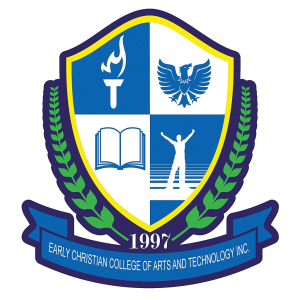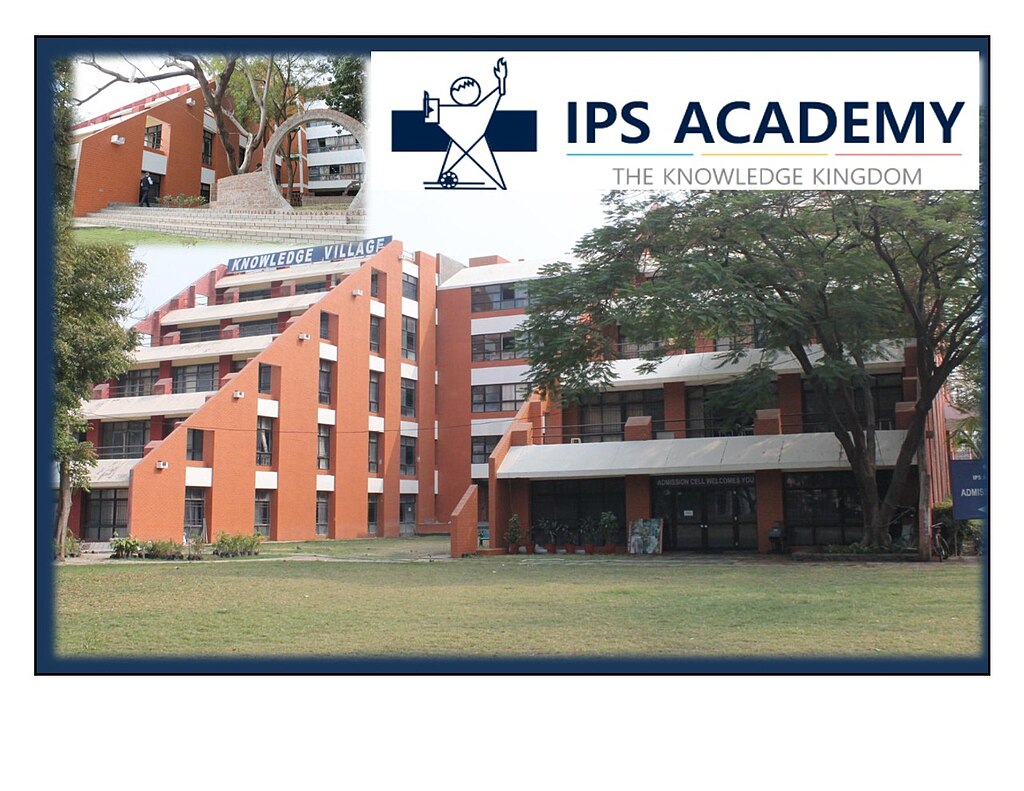
Human Resource Management Course Description:
The Human Resource Management (HRM) program at Soma Technical Training Institute is designed to equip students with the essential skills and knowledge needed to effectively manage an organization’s human capital. In today’s competitive business environment, HR professionals play a pivotal role in recruiting, developing, and retaining talent, ensuring legal compliance, and fostering a positive organizational culture. This course provides a comprehensive overview of HR practices, focusing on both the strategic and operational aspects of managing people within an organization.
Throughout the program, students will gain in-depth knowledge of key HR functions, such as recruitment, employee relations, performance management, compensation, training, development, and labor laws. The curriculum blends theoretical concepts with practical application, allowing students to develop the skills required to address contemporary HR challenges in diverse workplace settings.
Key Areas of Study:
-
Introduction to Human Resource Management:
A foundational module introducing the role of HR in organizations, focusing on its strategic importance and how HR contributes to overall business success. -
Recruitment and Selection:
This section covers the recruitment process, including job analysis, writing job descriptions, sourcing candidates, interviewing techniques, and selection methods to hire the right talent for an organization. -
Employee Training and Development:
Focuses on designing, implementing, and evaluating effective training programs that enhance employee skills and promote career growth. It also covers succession planning and talent development strategies. -
Performance Management:
Explores methods for assessing employee performance, setting goals, providing feedback, and implementing performance improvement plans. The module also covers the role of HR in creating a high-performance culture. -
Compensation and Benefits Management:
Students will learn about developing competitive compensation structures, salary surveys, benefits programs, and incentives that motivate employees while maintaining cost-effectiveness. -
Employee Relations and Engagement:
Understanding how to manage employee relations, resolve conflicts, and foster a positive organizational climate. This includes studying employee engagement strategies that enhance job satisfaction and productivity. -
Labor Laws and Compliance:
An overview of relevant labor laws and regulations, including employment contracts, health and safety laws, equal employment opportunity, and workplace discrimination. Students will also learn how to ensure HR practices comply with legal standards. -
Diversity and Inclusion in the Workplace:
This module emphasizes the importance of creating diverse and inclusive work environments, promoting cultural competence, and managing diverse teams effectively. -
HR Metrics and Technology:
Introduction to HR technology and data analytics, teaching students how to use HR metrics and software tools to drive HR decision-making, improve efficiency, and align HR strategies with business objectives. -
Strategic HRM and Organizational Development:
Focuses on how HR can align with overall business strategy to contribute to organizational success. Topics include change management, organizational culture, and the role of HR in strategic planning.
Learning Outcomes:
Upon completion of the Human Resource Management program, students will be able to:
- Understand the key functions of human resource management and their impact on organizational success.
- Implement effective recruitment, selection, and retention strategies.
- Design and deliver training and development programs that enhance employee performance and career growth.
- Manage employee performance and implement feedback systems to foster a high-performance culture.
- Develop compensation and benefits structures that attract and retain talent.
- Navigate complex labor laws and ensure HR practices comply with legal and regulatory requirements.
- Promote employee engagement, satisfaction, and well-being within an organization.
- Utilize HR metrics and technology to make data-driven decisions that support organizational goals.
- Lead and manage organizational change effectively, fostering a positive and inclusive work environment.
Career Opportunities:
Graduates of the Human Resource Management program can pursue careers in a variety of HR roles, including:
- Human Resources Manager
- Recruitment Specialist
- Training and Development Coordinator
- Compensation and Benefits Manager
- Employee Relations Specialist
- HR Consultant
- Talent Acquisition Specialist
- HR Analyst
- Organizational Development Specialist
- Labor Relations Manager
This course provides a strong foundation for individuals who wish to pursue a successful career in human resources, focusing on both the strategic and operational aspects of managing people in today’s dynamic business world. It is ideal for those looking to step into leadership positions within HR departments or for those who want to start their own HR consultancy.
- Teacher: janet awino
- Teacher: Francis Wambua


